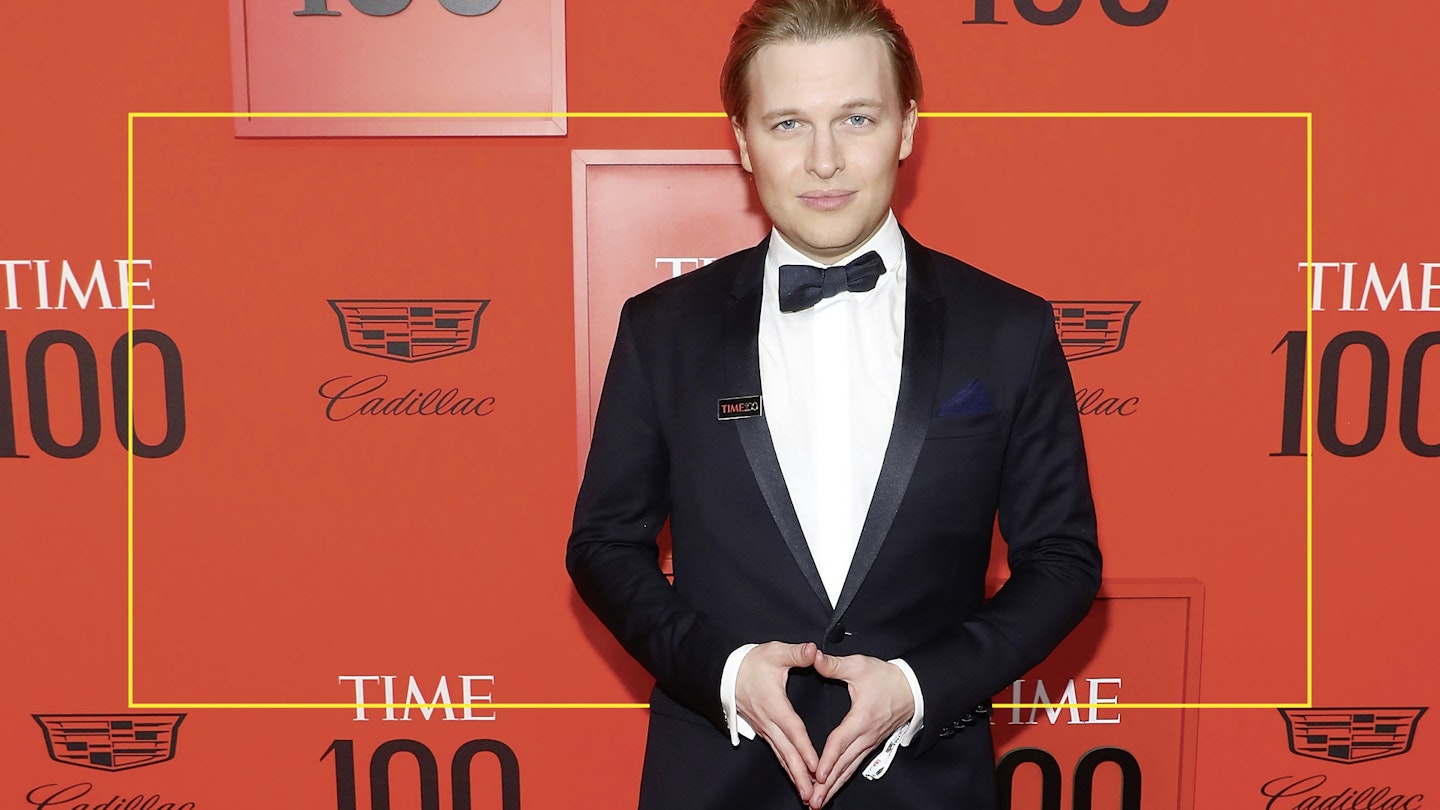It was 2017 when journalist Ronan Farrow started working on a story at the American broadcaster NBC that would prompt the biggest cultural moment of recent times: multiple women were accusing Hollywood producer Harvey Weinstein of abuse ranging from sexual assault to harassment. It would bring about the fall of Weinstein, help open the floodgates for the #MeToo movement and make us re-evaluate everything we know about sex and power.
But, part-way through Farrow’s reporting for NBC, he would take his bombshell evidence – including a secretly taped audio of Weinstein admitting to groping a model – to The New Yorker magazine and publish his investigation there instead. In his new book, Catch And Kill, he tells the fascinating backstory to the scoop that stirred us all: alleging Weinstein and powerful players at NBC went to great lengths to quash the story, with Weinstein hiring spies and private defectives to surveil and intimidate him (NBC deny ordering him to drop the story).
‘The international espionage plot that plays out in Catch And Kill is very much about quashing the free press, and I’m happy to see the book opening up this conversation about the importance of stopping some of that,’ he says.
We meet in London, where this week Farrow, 31, is promoting the book, which reads like a spy thriller and, ironically, feels ripe for turning into a Hollywood film. He’s charming, acerbic and humble about his phenomenal achievements. He wouldn’t look out of place in Hollywood, either, which comes as little surprise, considering his parents are actor Mia Farrow and actor and director Woody Allen. (Despite his mother commenting that his biological father could ‘possibly’ be Frank Sinatra, Ronan has said he regards Allen as his father.)
With parallels between his own life and the stories he uncovers, he’s arguably as much a part of the Hollywood bubble as some of the women whose allegations he reports. A few years ago, his sister, Dylan, accused Allen of abusing her as a child and called out Hollywood for turning a blind eye to it. (Allen denied the allegations and following an investigation, no charges were brought.) Dylan’s voice drifts in and out of the book and, at one point, Ronan - who is now estranged from Allen - calls her to ask for her advice before interviewing the actor Rose McGowan about her rape allegations.
There was just a constant drumbeat of people I trust saying it’s not worth the risk.
‘Well, this is the worst part,’ Dylan tells him, speaking from experience. ‘The considering. The waiting for the story. But once you put your voice out there, it gets a lot easier… If you get this… don’t let it go, OK?’ she adds.
Did Dylan’s story make him see the need for tougher coverage of sexual assault allegations? ‘It gave me a deeper understanding of the stakes and of the underhand tactics that get thrown at women who speak about these issues,’ he says.
I suggest it must be infuriating for him to see Weinstein out and about again, as he awaits trial for two charges of rape in January (he has pleaded not guilty to both). This month, the disgraced producer was reportedly spotted in a New York nightclub and last month at a stand-up night for actors.
‘It’s not really my job to be infuriated about that,’ says Ronan. ‘My job, with respect to any claim I’m reporting on about Harvey Weinstein, is to just be very, very fair to him. And I think I’ve done that in the reporting.’
He’s diplomatic, but that doesn’t stop him saying he believes Weinstein is still meddling in matters, despite being on bail. ‘Oh, there’s absolutely no doubt. I mean, you can look at the public reporting on what his legal team has done to try to intimidate the Manhattan District Attorney’s Office in an ongoing way and to chip away at the charges against him,’ he says.
In the book, Ronan delves into why he believes Weinstein tried to ‘silence his reporting’. At one point, Ronan hides his evidence in a vault and leaves instructions that the information be released ‘should anything happen to me’. He also does some target practice with a gun, at which point you’d imagine his loved ones would urge him to call the whole thing off.
‘There [was] just a constant drumbeat of people I trust saying it’s not worth the risk. And then there were really principled people, like my partner [podcast host and former presidential speech writer Jon Lovett] who said, “This is absolutely worth the risk. All that matters is the story and the truth.”’
Despite finding it ‘genuinely frightening,’ he managed to find a sense of perspective.
‘I didn’t have kids to worry about,’ he adds.
He’s still looking over his shoulder, however, and has taken measures to prevent his phone from being tapped. ‘It’s a real phenomenon that plays out around the world and we all need to be alert to it,’ he says.
‘I’m reporting on stories that involve a fair amount of tangling with parties who engage in the kinds of tactics I talk about in Catch And Kill, so it’s an important conversation we’re having now about the need to protect journalism in both of our countries.’
As bleak as it all may sound, the book also paints an optimistic picture of the bravery of whistle-blowers. It reminds us that the days when perpetrators got by in a culture that relied on a victim’s silence are hopefully behind us.
When it comes to what Ronan is up to next, he won’t be drawn on specifics. ‘I think I’ll keep reporting stories that matter,’ he says. I wonder, though, if a certain President is feeling uneasy about his next move.
Catch And Kill, published by Little Brown, is out now.
READ MORE: Harvey Weinstein's Downfall Needs To Be A Watershed Moment
READ MORE: Me Too, Obviously. But I Won’t Be Sharing My Story.
